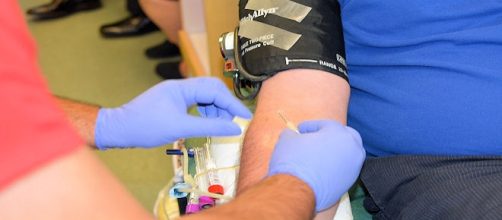Due to the rapid spread of the Zika virus, the Food and Drug Administration is making new recommendations for blood banks across America. U.S. health officials will add a temporary and voluntary deferment on blood donations from people returning from countries most affected by the virus. The countries currently in question are located in Central and South America.
Pregnant women are warned to avoid endemic areas.
The Zika virus is tentatively associated with thousands of birth defects, primarily in Brazil, but other countries are reporting an alarming trend.
Pregnant women should avoid endemic areas or areas which may be infested with mosquitoes. EPA-approved mosquito repellent should be worn at all times to avoid blood-borne diseases in tropical or sub-tropical areas.
The risk of catching Zika from a blood donation is low, but the Red Cross, World Health Organization, and American blood banks are now recommending that those who wish to donate blood should defer donation voluntarily until the risk of blood-borne transmission is determined.
Watch for flu-like symptoms.
The virus will stay in a person's bloodstream for about a week, causing red eyes, joint pain, fever, a rash, and other flu-like symptoms. Anyone traveling to Central and South America should be aware of the danger of mosquito and blood borne disease transmission.
They should avoid areas where mosquitoes are likely.
An unusual travel reason is the new "baby-moon" trip that newly pregnant moms are citing as a reason to take a vacation. They celebrate their pregnancies by taking trips to the beach. Unfortunately, the Caribbean beaches are likely spots for mosquito infestation and transmission of the Zika virus.
Protect the American blood supply.
The American blood supply is a precious commodity and is highly regulated. Any deferment in blood donation causes a drop in that supply. This can mean the difference between having an adequate safe supply of blood and not having one.
Shortages in the blood supply make it more dangerous for those that need blood transfusions, either in an emergency or for elective surgeries. The blood supply for the U.S. is typically critically short during holidays and the active summer season.

